Earth
Sign up for our newsletter
We summarize the week's scientific breakthroughs every Thursday.
-

-
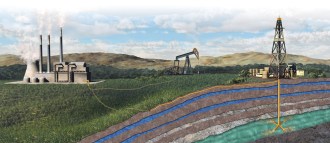 Environment
EnvironmentCarbon capture and storage finally approaching debut
Carbon capture and storage offers a way to rein in global carbon emissions. But financial and regulatory obstacles, as well as public fears, are delaying the technology’s long-awaited implementation.
By Beth Mole -
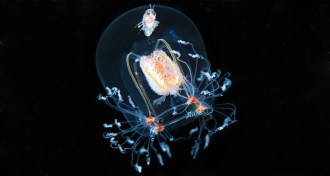 Animals
AnimalsSeeing past the jellyfish sting
Jellies don’t get nearly as much love as their cousins, the corals, but they deserve credit for providing homes to some creatures, dinner to others and more. They’re an integral part of the oceans.
By Susan Milius -
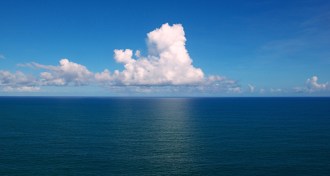 Climate
ClimateMultiple oceans may help stall global warming
The Atlantic and Southern oceans, not the Pacific, may be largely to blame for the recent pause in rising global temperatures.
By Beth Mole -
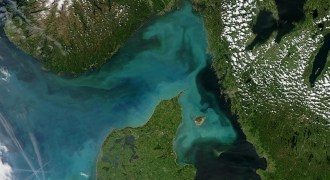 Oceans
OceansViruses might tame some algal blooms
The rapid demise of a giant, carbon-spewing algal bloom points to the influence of viral wranglers.
-
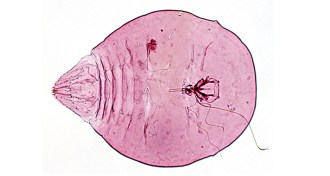 Agriculture
AgricultureKiller bug behind coconut plague identified
A pest has devastated coconuts in the Philippines, and scientists now realize the perp is not the bug they thought was causing the damage.
By Nsikan Akpan -
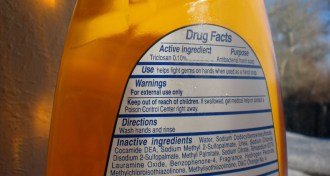 Environment
EnvironmentFetuses may be exposed to antimicrobial compounds
Health risks remain uncertain as scientists find common soap chemicals in pregnant women and cord blood.
By Beth Mole -
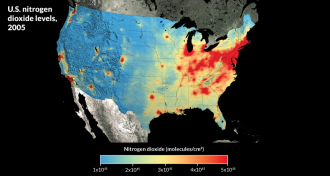 Environment
EnvironmentUps and downs in the quest for clean air
Satellite views reveal good news on U.S. air pollution trends.
By Andrew Grant -
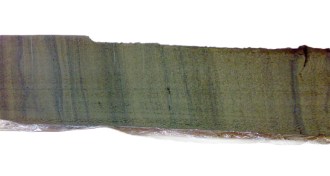 Oceans
OceansWorld’s largest ocean dead zone may shrink as Earth warms
North Pacific dead zone may grow smaller, not expand, as climate change weakens Pacific Ocean trade winds.
-
 Oceans
OceansMercury at ocean surface may have tripled since preindustrial times
Questions remain over dangers of toxic metal in environment.
By Beth Mole -
 Earth
EarthCloud seeding fueled fire about weather modification
Experiments in 1964 resulted in “exploding” clouds.
-
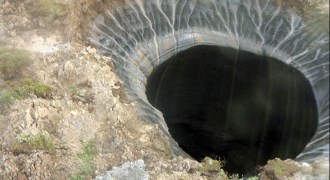 Earth
EarthSiberian crater mystery may be solved
Thawing permafrost probably burped a ground-breaking methane bubble that ripped the huge hole in the Yamal peninsula.